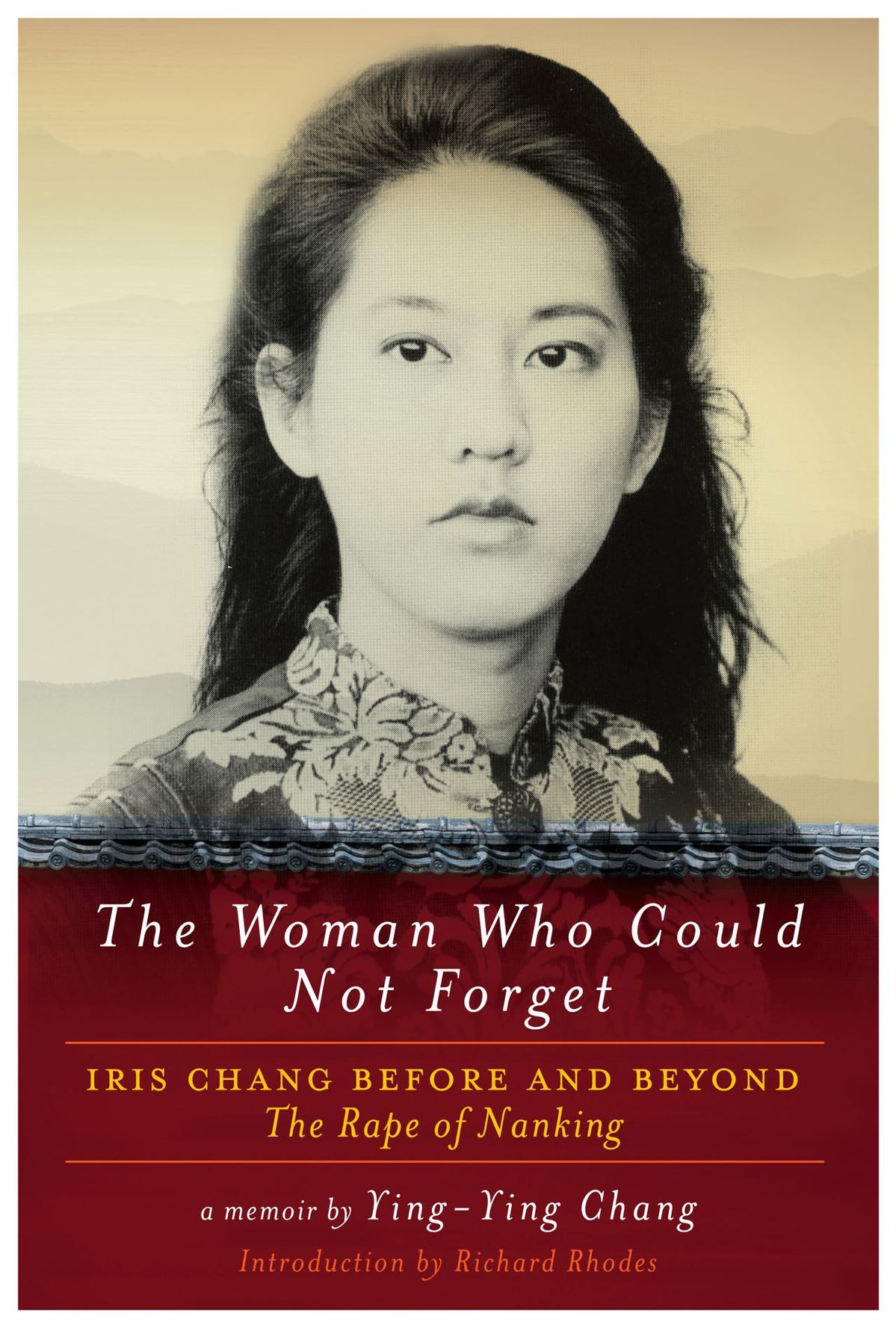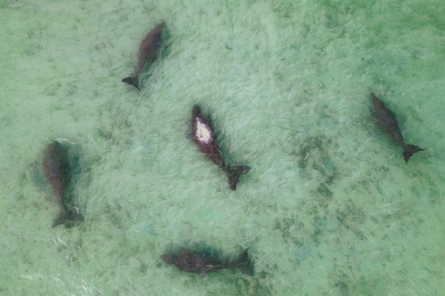Iris Chang's legacy an inspiration to youth


Song Gao, director of the foundation's youth division, said volunteers help maintain the monument, remove weeds, pick up litter, and address maintenance issues beyond the city's limited resources.
"Many volunteers continue their involvement even after entering college and often bring friends and siblings to join the program," she added. To help the students better understand the history, the foundation hands out flyers and Chang's books.
Chang also authored two other books documenting Chinese and Chinese American historical experiences before her life tragically ended on Nov 9, 2004. During her research for her fourth book at the age of 36, Chang took her own life after losing a battle with depression.
Her passing left unfinished her mission to raise awareness about Chinese suffering during World War II, particularly among younger generations.
The author's commitment to confronting injustice remained unwavering throughout her life. Though born in the United States, Chang maintained a deep connection to Chinese history, conducting extensive research in China and interviewing survivors of the massacre. She consistently advocated for Japanese acknowledgment of the atrocities.
The Japanese government has never formally apologized for the atrocities. Japanese nationalist groups also launched a campaign attempting to discredit Chang and her work.
"Iris was not angered. She fought back by writing articles defending her books," Ying-Ying Chang, Iris' mother, recalled.
Chang's work continues to receive support from scholars like Randy Hopkins, a consultant to the history department at Portland State University. He disclosed "the vilification campaign" directed against Chang and "the resulting distortions of the history" in his 2017 study Nanjing Echo: Illusion, Subterfuge and Public Relations in the 'Rape of Nanking' Debate.
Hopkins' study was translated into Chinese and published last year in the journal of the Memorial Hall of the Victims in Nanjing Massacre by Japanese Invaders, a museum in Nanjing.
Hopkins said he planned to publish the study's Japanese translation so that "a truly international audience" can be exposed to the important information, which will help "restore Chang's book to its true place in history".
Twenty years after her death, Chang's influence continues to resonate.

































